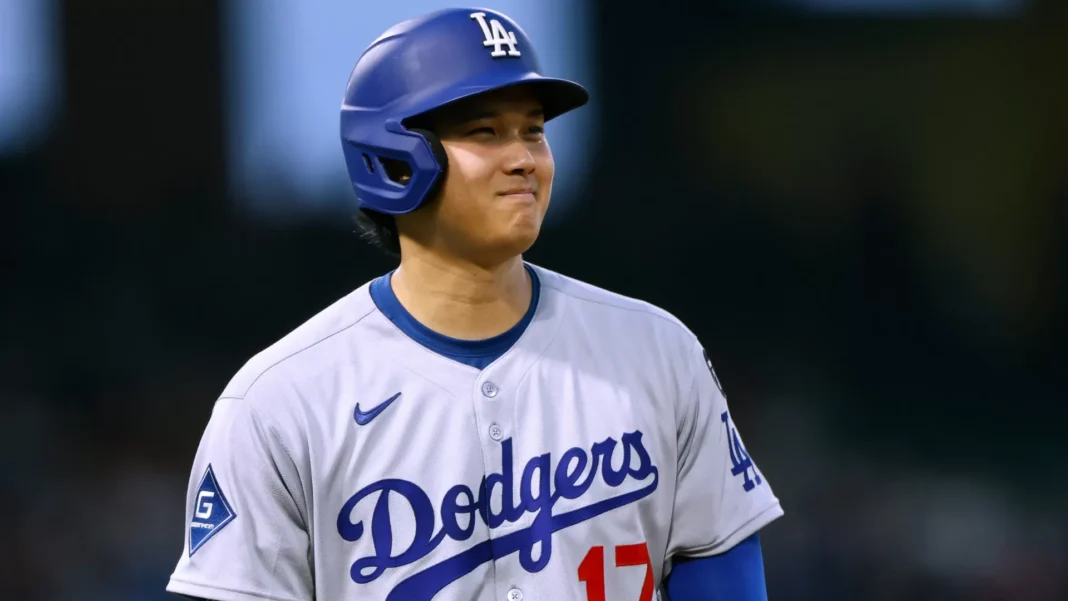Ben Verlander’s Over-the-Top Defense of Shohei Ohtani’s $240M Lawsuit Shows Blind Loyalty That Undermines His Credibility
The world of sports is no stranger to controversy, and the latest one to make headlines is the $240 million lawsuit filed by Shohei Ohtani against the Los Angeles Dodgers. Ohtani, the Japanese baseball superstar, claims that the Dodgers used deceptive practices and false promises to convince him to sign with the team in 2018. While the lawsuit has caused quite a stir in the baseball community, it is the defense put forth by analyst Ben Verlander that has raised eyebrows and sparked a heated debate.
Verlander, the younger brother of Houston Astros pitcher Justin Verlander, took to Twitter to defend Ohtani and his lawsuit against the Dodgers. In a series of tweets, he passionately defended the 27-year-old, calling his actions “brave” and “justified” and accusing the Dodgers of taking advantage of Ohtani’s lack of knowledge about the MLB system.
While Verlander’s loyalty to his fellow player is admirable, his over-the-top defense raises some questions about his credibility as an analyst. As someone who is supposed to provide unbiased analysis and insight into the world of sports, Verlander’s blind loyalty to Ohtani undermines his credibility and calls into question his ability to provide objective commentary.
It is understandable that Verlander wants to support Ohtani, especially given the fact that they both share a deep passion for the game of baseball. However, as an analyst, it is his responsibility to present a balanced and fair perspective, even if it means going against his personal beliefs. By blindly defending Ohtani and his actions, Verlander not only risks losing his credibility but also undermines the integrity of the sport.
Moreover, Verlander’s defense of Ohtani is not only misguided but also embarrassing. In his tweets, he goes as far as calling the Dodgers “cheaters” and accusing them of manipulating Ohtani into signing with them. These are serious allegations, and without any concrete evidence, they only serve to damage the reputation of the Dodgers and create unnecessary drama in the baseball world.
It is also worth mentioning that the Dodgers have denied any wrongdoing and have vowed to fight the lawsuit. While it is up to the court to decide the outcome of the case, Verlander’s public support of Ohtani and his attack on the Dodgers could potentially influence public opinion and sway the outcome of the lawsuit.
As an analyst, Verlander’s job is to provide insights and analysis based on facts and evidence, not personal opinions and biases. By crossing this line and using his platform to push a personal agenda, Verlander not only undermines his own credibility but also shows a lack of professionalism and integrity.
In conclusion, while it is commendable to support fellow players and stand up for what one believes in, there is a fine line between loyalty and blind loyalty. In this case, Ben Verlander’s defense of Shohei Ohtani’s $240 million lawsuit against the Los Angeles Dodgers falls on the wrong side of that line. As an analyst, it is his responsibility to provide unbiased analysis and not let personal biases cloud his judgment. Blind loyalty only serves to undermine one’s credibility and integrity, and in this case, it has done just that for Ben Verlander. Let us hope that he learns from this experience and approaches future situations with a more balanced and objective perspective.

